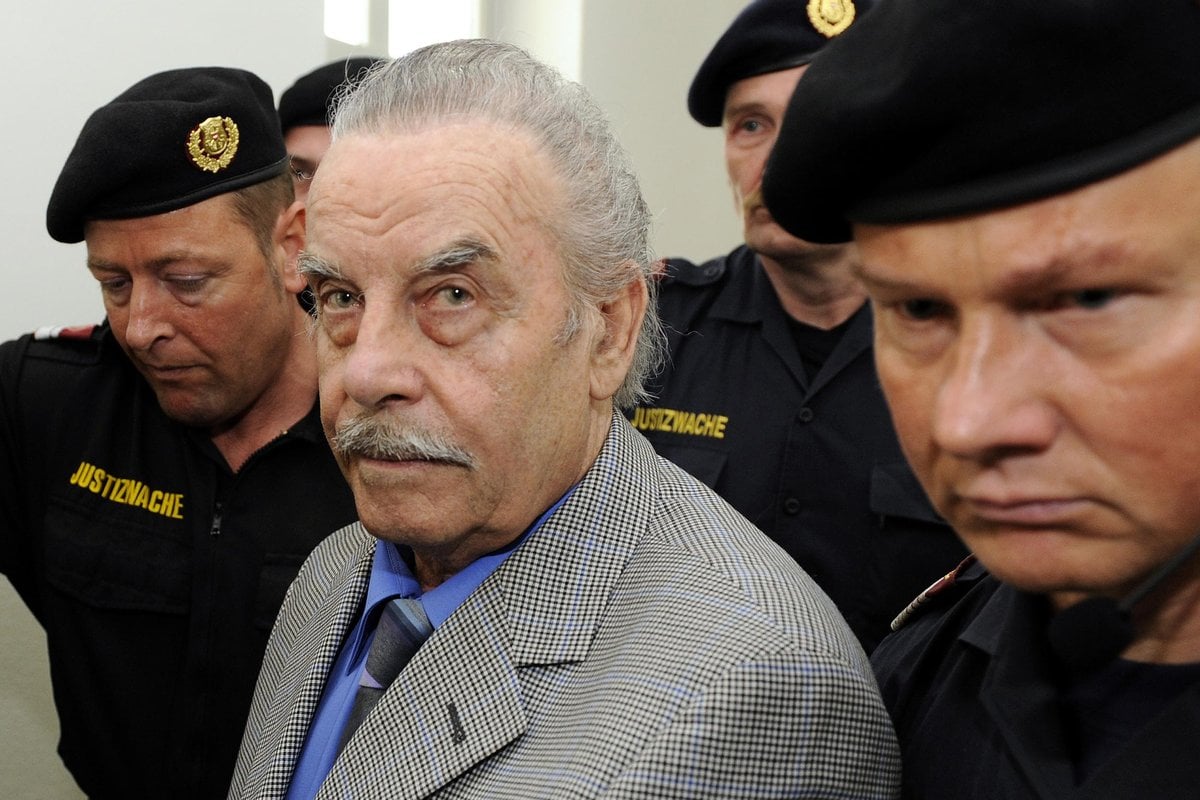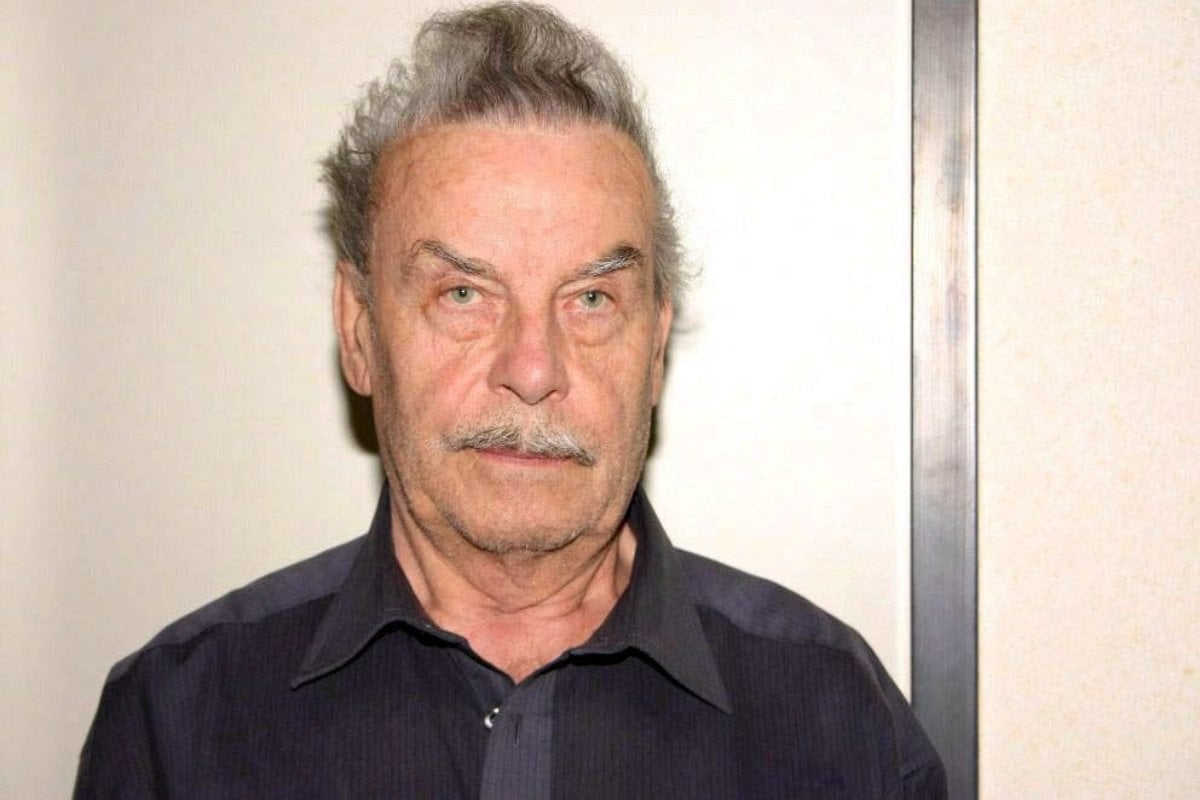
Content warning: This story includes mentions of child sexual abuse that may be distressing to some readers.
It's one of the most chilling crime stories of modern times.
For 24 years, Josef Fritzl abused his daughter, Elisabeth Fritzl, keeping her locked in a basement for much of that time.
It all began in 1984, when Elisabeth was 18.
She says her father asked her to help him fix a door in the cellar at their home in Amstetten, Lower Austria.
He had been building out the basement for a number of years, fit with layers of concrete and a heavy hinged door. A total of eight doors had to be opened before reaching the purpose-built cellar; it was effectively a dungeon.
Fritzl kept his real plans for the cellar secret from his family.
On that fateful day, while Elisabeth was down there, her father held a piece of cloth soaked in ether over her mouth and nose, drugging her.
He then held her captive so he could sexually abuse her.
Fritzl told his wife, Rosemarie, and their other children, that Elisabeth had run away from home to join a religious cult. The family believed Fritzl, as Elisabeth had previously threatened to run away many times as a teenager.
Fritzl had a history of violent behaviour. In 1967, he broke into the home of a 24-year-old nurse and sexually assaulted her, holding a knife to the victim's throat.

